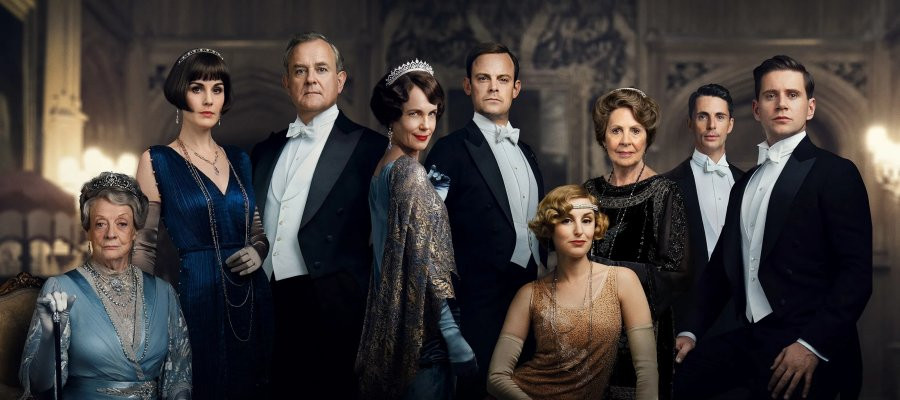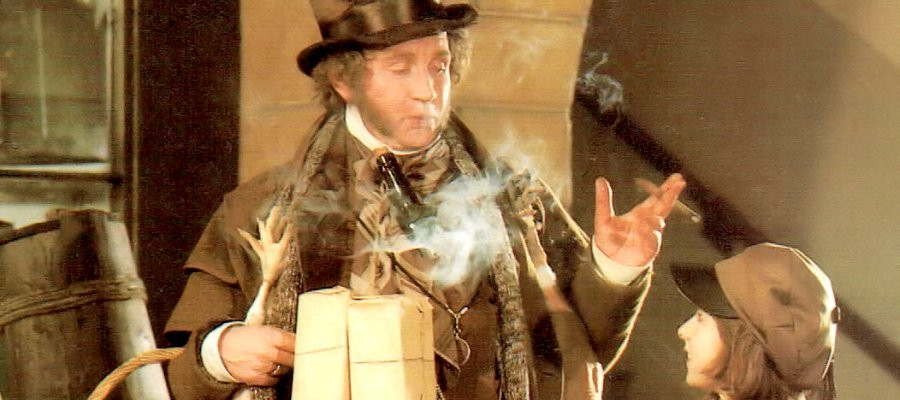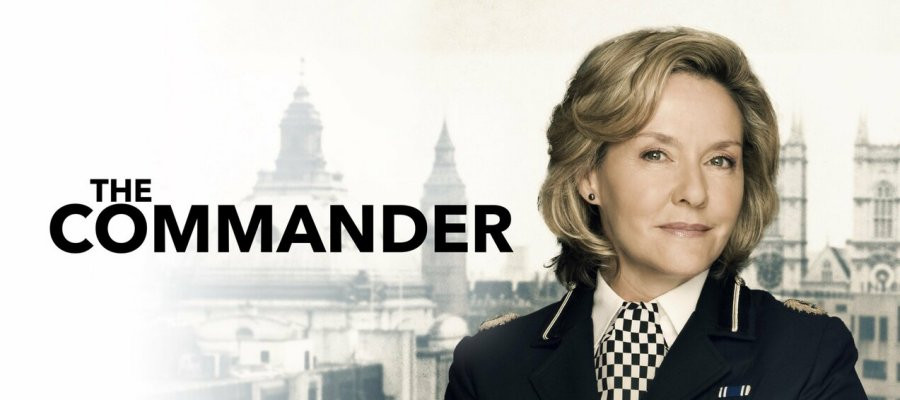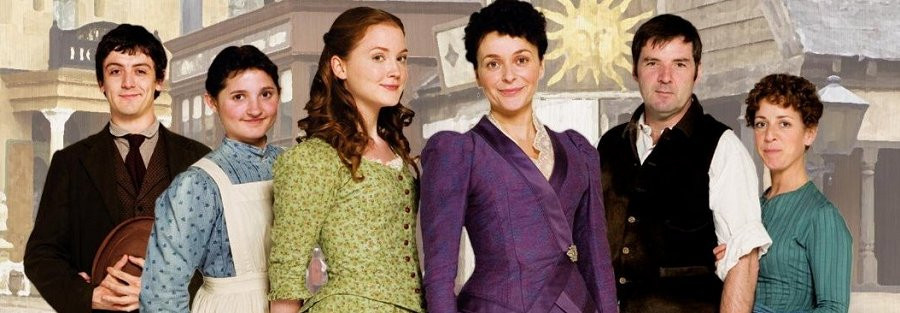
Downton Abbey - The Fact of Fiction
"The moment you start dipping in history the criticisms flood in and Downton is no exception."
After the characters of Downton Abbey first filled our screens on September 26th 2010, they ran around the globe gathering fans and awards with hurtling speed. Jullian Fellowes, famous for writing about the goings on of the upper classes penned the script for Gosford Park and the novel Snobs, took a long hard look at Britain muddling her way through the Edwardian period and thought the Yorkshire estate of Lord and Lady Crawley would make the perfect backdrop for his historical fiction series.
The moment you start dipping in history, the criticisms flood in and Downton is no exception. Why paint such a romantic view of the era, why not take the rose tinted glasses off and parade the abject poverty and social discontent? ‘Because I don’t want to!’ I’m sure was his response. Fellowes with guest writers Tina Pepler and Shelagh Stephenson focus on a slither of society that considering all that was happening around them, we’re supposed to loathe. Instead, we fall in love with the lords and ladies of the estate, gush at their romantic trials and swoon at their upsets.
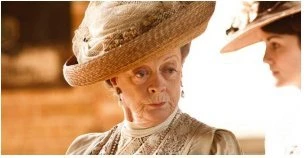
Maggie Smith is a comical impersonation of herself as the sprint-witted Countess of Grantham who’s a pro at dinner party politics. Despite delivering some of the most scalding of sarcastic lines, you can’t help but warm to her as a near parody of the period. Sure she’s bristly at best but she’s fiercely loyal to those blessed to be considered family. She’s the first to wave the issue of class difference away and welcome the former driver and family servant Tom Branson (Allen Leech) into the family; even though it’s while spinning a believable lie about his background, so he’ll be more readily accepted in her world.
That’s the brilliance of Downton Abbey, it takes some of the ethically challenging issues such as obscene wealth inequality, a class based society, and dunks it in a bucket of nostalgia. Before you know it you’re melting. You can’t focus on the fact that the black market is food based or that the suffragette movement had women being bloodied in police cells. Not when the Abbey’s matriarch, Countess Grantham is using her wealth and influence to make sure the fatally wounded footman William is brought home to spend his dying days surrounded by loved ones.

Perhaps such a father figure did exist during the Edwardian period. It’s a position that I’m sure was easier to support when you’ve got the likes of butler Carson (Jim Carter) and the other members of the middle class servant family, air-brushing reality between the Upstairs dwellers and the Downstairs lot. Maybe if he traded places with the likes of scullery maid Daisy (Sophie McShera) for a week... nope, that wouldn’t really do very much as the show paints her as the ever grateful servant. The domestic Margaret Powell whose memoirs Below Stairs inspired the 1970’s show Upstairs, Downstairs and Downton Abbey, looked at her list of chores and thought it was for 6 people. Daisy’s character is so sweet and lovely she gives the impression scullery maids scrubbed their way to enlightenment.
It’s not just the countess that has us keeping the rose -tinteds firmly on when watching Downton Abbey, there’s an amazing subtlety to the way the series handles social reforms. The Earl of Grantham Robert Crawley (Hugh Bonneville) plays the stereotypical conservative that believes, even if it’s only on the surface that it’s his duty to hold on to the template of tradition. Were it not for the breed of super-rich providing employment for the microcosm that is Downton Abbey, there’d be “no point to any of it”.

I guess if you’ve got the ever ready offer of homelessness and starvation as an alternative to catering to the whims of the absurdly wealthy, you make the best of what you’ve got. So that’s exactly what the servant folk at Downton do. The female staff grin and bear the unequal pay while the men are forced to try and make themselves look relevant despite their clear redundancy. How can either Lord Crawley or man servant Joseph Molesley (Kevin Doyle) handle their careers suddenly being seen as a “silly occupation for a man”? They like the rest of the Abbey, stiff upper lip it and plod on to discover their new worth.
From losing loved ones on the Titanic, the war claiming lives and shattering through pretensions, Downton Abbey is a leisurely stroll through Edwardian Britain as she heralds a new age. One where upper class feminists cause a stir by wearing trousers and snip at the paternal umbilical cord by applying to nursing school and pursuing careers. Fellowes’ lens on Britain is rosy to say the least, but rather than romanticise the period, it “has a way of distinguishing between the things that matter and the things that don’t”.
Published on February 19th, 2019. Written by Onome Okwuosa (2014) for Television Heaven.




